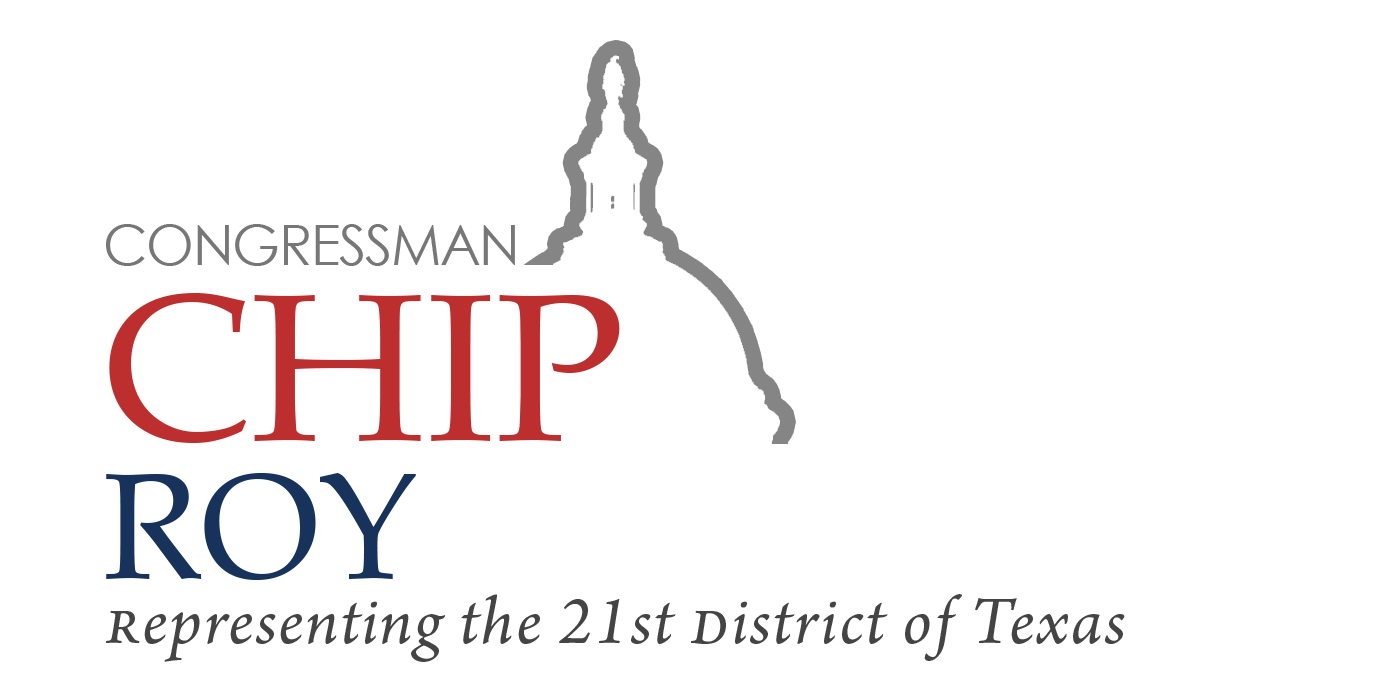
Paycheck Protection Program Flexibility Act
The Paycheck Protection Program (PPP) is providing essential capital to millions of small businesses across the country. Unfortunately, for many of these business owners, particularly local restaurants, hotels, and those in the hospitality industry, the terms are too inflexible to provide the help they need to weather the economic storm. The SBA Inspector General warned that these terms “could result in an unintended burden to the borrowers” and prevent them from obtaining loan forgiveness. The Paycheck Protection Program Flexibility Act lifts these arbitrary restrictions to provide critical flexibility to small businesses that are simply trying to survive:
1. Allowing forgiveness for expenses beyond the 8-week covered period.
a. The 8-week timeline does not work for local businesses that are prohibited from opening their doors or will only be allowed to open with restrictions. Businesses should have the flexibility to spread the PPP loan proceeds over the full course of the crisis until demand returns. Otherwise, employees will simply be furloughed at the expiration of the 8 weeks, defeating a major goal of the program.
2. Eliminating restrictions limiting non-payroll expenses to 25% of loan proceeds
a. In order to survive, businesses must pay fixed costs. For many businesses, payroll simply does not represent 75% of their monthly expenses and 25% does not leave enough to cover mortgage, rent, and utilities. Retaining employees is not possible if a business cannot retain their physical location
3. Eliminating restrictions that limits loan terms to 2 years
a. According to the American Hotel and Lodging Association, full recovery for that industry following both the September 11, 2001 terrorist attacks and the 2008 recession took more than two full years. This is the same for many other industries: it will take many businesses more than two years to achieve sufficient revenue to pay back the loan.
4. Ensuring full access to payroll tax deferment for businesses that take PPP loans.
a. The purpose of PPP and the payroll tax deferment was to provide businesses with capital to weather the crisis. Receiving both should not be considered double-dipping. Businesses need access to both sources of cash flow to survive.
5. Providing a rehiring safe harbor for businesses unable to rehire employees due to the effects of enhanced Unemployment Insurance
a. To receive loan forgiveness under PPP, a business much rehire employees by a deadline of June 30, 2020. However, the enhanced Unemployment Insurance created through the CARES Act is higher than the median wage in 44 states. Many businesses have reported an inability to rehire employees because they are making more on Unemployment than they made working. To mitigate this unintended consequence, businesses that make a good faith attempt to rehire employees, but are unable to, should still be able to receive loan forgiveness.
If you have any questions, or would like to cosponsor, please contact Jason Rogers at jason.rogers@mail.house.gov.
